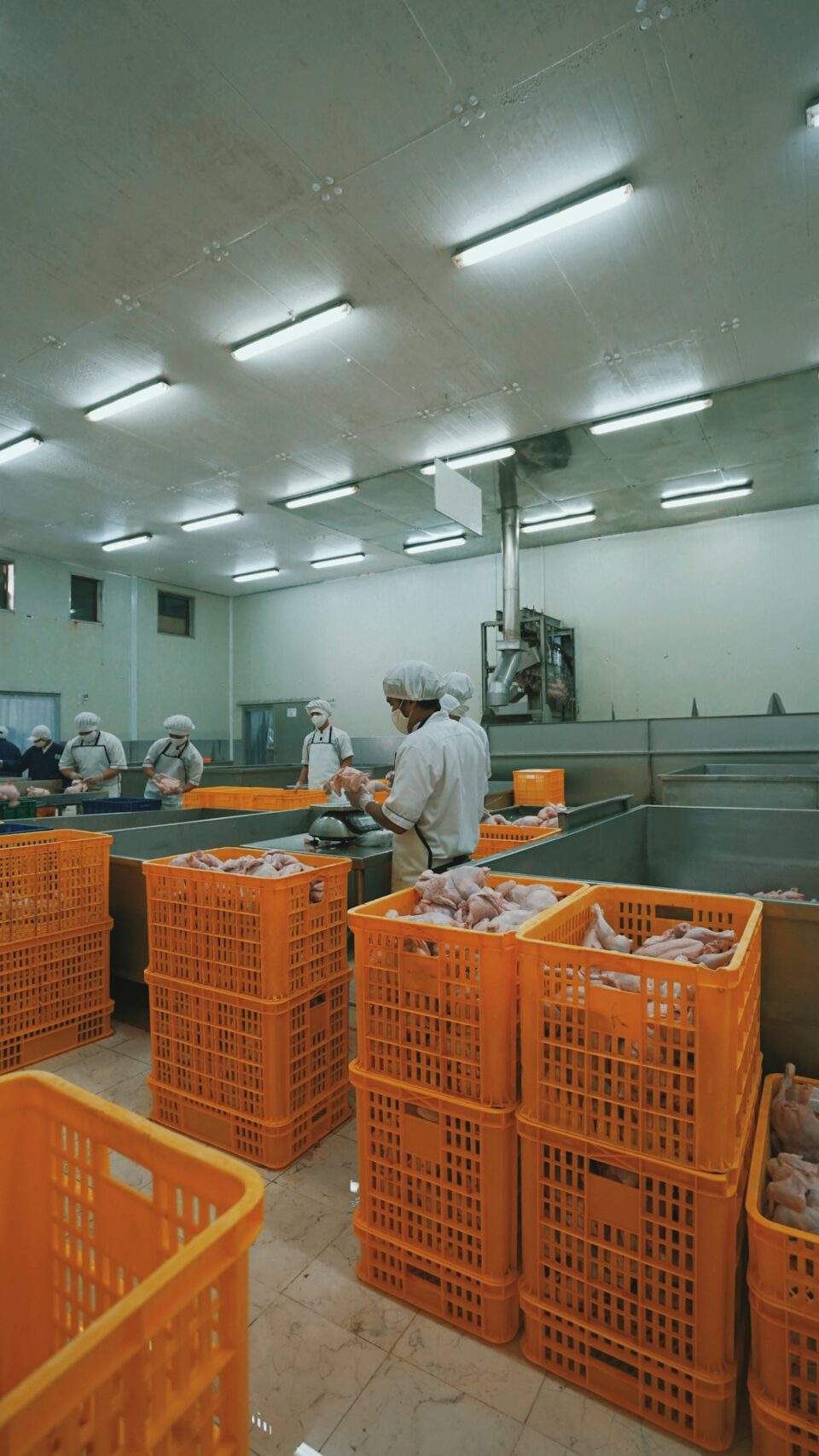How Automation is Reshaping the Manufacturing Landscape
Over the past few decades, automation has revolutionized the way we live and work. From self-driving cars to voice-activated virtual assistants, the impact of automation is undeniable. One area that has seen significant transformation is the manufacturing industry. With advancements in robotics, artificial intelligence, and machine learning, automation has reshaped the manufacturing landscape, bringing countless benefits and opportunities.
Automation in manufacturing has come a long way since the introduction of assembly lines by Henry Ford in the early 20th century. Today, robotics and AI have taken center stage in factories worldwide, augmenting human labor and optimizing production processes. The primary goal of automation in manufacturing is to increase efficiency, productivity, and output while reducing costs and minimizing errors.
One key aspect of automation in manufacturing is the use of robots. These advanced machines are capable of performing complex tasks with precision, speed, and accuracy, making them invaluable assets in the manufacturing process. For instance, robots can handle repetitive tasks such as welding, assembling components, or 3D printing, saving time and reducing the risk of human error. By taking over these mundane tasks, human workers can focus on more critical and innovative aspects of production.
Moreover, automation enables factories to operate 24/7 without the limitations imposed by human workers. While humans need rest and breaks, machines can continue working tirelessly, significantly increasing production output. This continuous operation ensures that manufacturing processes remain uninterrupted, improving overall efficiency and meeting increased demands.
Another significant advantage of automation is its potential to improve safety in manufacturing. The use of robots reduces the need for humans to perform dangerous or physically demanding tasks, minimizing the risk of workplace accidents and injuries. By automating hazardous jobs, manufacturers can create a safer working environment for their employees, leading to a decrease in accident-related costs and an increase in employee morale.
Automation also offers manufacturers better control over quality assurance. By integrating machine learning and AI algorithms into the production line, manufacturers can monitor the manufacturing process in real-time, detecting defects or errors at an early stage. This proactive approach allows for quick adjustments and corrections, resulting in higher product quality, reduced waste, and improved customer satisfaction.
Furthermore, automation plays a crucial role in driving innovation in the manufacturing industry. It enables manufacturers to experiment with new products, processes, and materials, pushing the boundaries of what is possible. With automation, companies can move from traditional mass production to more flexible and personalized manufacturing, catering to specific customer needs and preferences.
However, amidst the benefits of automation, concerns about job displacement have arisen. Many fear that widespread adoption of automation in manufacturing will result in mass unemployment. While it is true that some job roles may be replaced by robots, automation also creates new opportunities and demands a different skill set from workers. Instead of replacing human workers, automation has the potential to enhance their capabilities and make their work more meaningful. Consequently, it is crucial for governments and businesses to invest in upskilling and reskilling programs to ensure a smooth transition towards a more automated manufacturing landscape.
In conclusion, automation has revolutionized the manufacturing industry, reshaping its landscape and bringing about substantial advancements. The integration of robotics, artificial intelligence, and machine learning has led to increased efficiency, productivity, and safety. Automation has also fueled innovation and allowed manufacturers to optimize their processes, improve product quality, and meet customer demands more effectively. While challenges such as job displacement need to be addressed, the benefits of automation in manufacturing far outweigh the concerns, and its impact will continue to shape the industry for years to come.

